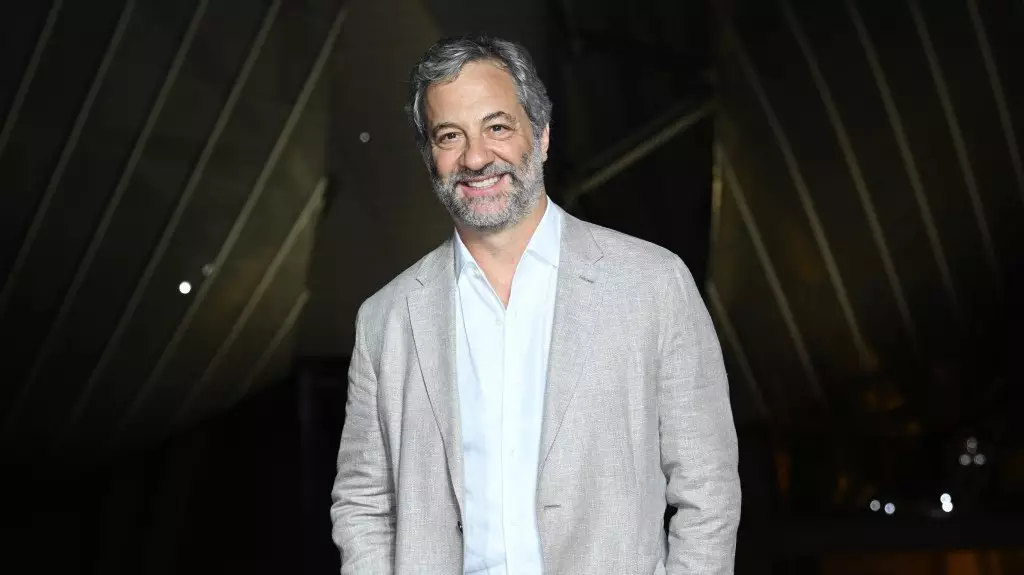In a recent discussion on Dana Carvey and David Spade’s podcast, renowned filmmaker Judd Apatow critically examined the current trajectory of the entertainment industry. Reflecting on the evolution—or perhaps devolution—of storytelling in Hollywood, he articulated concerns surrounding the saturation of intense themes in contemporary content. Apatow likened the modern film and television landscape to the practices of the newspaper industry, where sensationalism reigns supreme; he stated, “If it bleeds, it leads.” This axiom encapsulates the growing trend where only the most dramatic, shocking narratives garner attention, pushing aside more nuanced, character-driven stories.
Escaping the Depths of Detail
Apatow’s observations resonate with the wider cultural phenomenon of “doomscrolling,” the habit of endlessly consuming alarming news content that grips viewers. This fixation manifests distinctly in streaming platforms, where productions frequently opt for sensational arcs, often featuring A-list stars or dark themes like crime dramas. His commentary reveals a worrying pattern where art becomes a product designed solely to captivate and retain viewer attention, relegating subtlety and authenticity to the background. This model, concerned primarily with maximizing viewer retention rather than enriching the storytelling experience, may ultimately lead to a homogenization of narratives characterized by loudness over depth.
Hypersexualization and Formulaic Productions
In a playful yet serious vein, Carvey noted the hypersexual landscape of modern television, exemplified by Nicole Kidman’s popularity in provocative roles. While Kidman’s ability to traverse various intriguing, edgy projects demonstrates her versatility, it also underscores an industry trend that fetishizes intense and often eroticized storytelling. In an age where bold and captivating stories are the norm, Apatow warns that vibrant and relatable human experiences are systematically overshadowed. As he pointed out, creators may shy away from less sensational narratives, fearing they won’t hold the audience’s attention long enough for completion—a concept that echoes through his analysis of the entertainment landscape.
Spade contributed further, connecting these trends to the perils of social media platforms like TikTok, where creators often adjust their content to maximize engagement and viewership. The insatiable demand for “click-worthy” stories manifests in a manner that propels a cycle of superficiality, where narratives are often elongated artificially to meet minute-based monetization thresholds. This yields a content culture that prioritizes virality over authenticity, compelling creators to chase fleeting trends rather than foster artistic integrity.
Apatow, celebrated for masterpieces like *Knocked Up* and *The 40-Year-Old Virgin*, now stands on the precipice of potential change. With initiatives like his hurricane relief stand-up events, he exemplifies how passionate creators can bridge gaps in an industry increasingly dictated by algorithms and market demands. Furthermore, his upcoming documentary on Mel Brooks may serve as a refreshing reminder of the value inherent in authentic storytelling—the personal narratives that challenge, uplift, and inspire. As Apatow urges, we must reclaim space for larger, quieter narratives that allow for human connection and understanding, lest we mire ourselves in a relentless spectacle devoid of true emotional resonance.


Leave a Reply